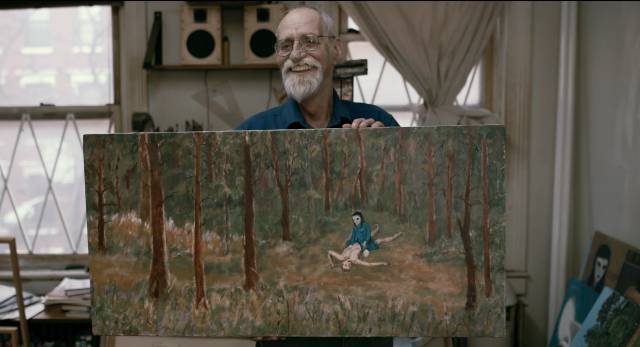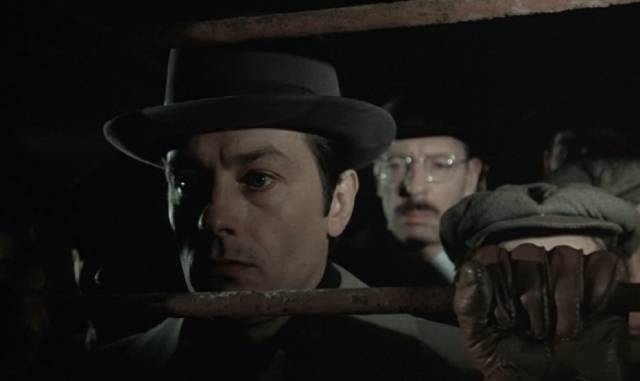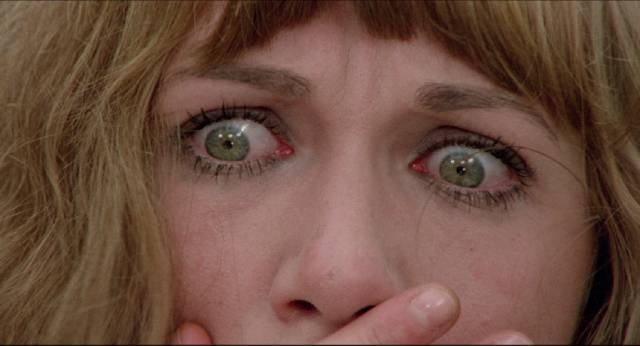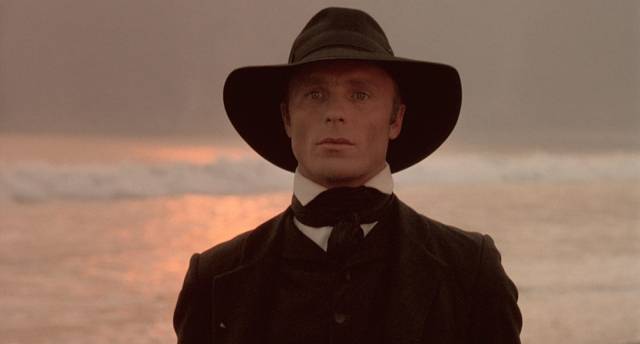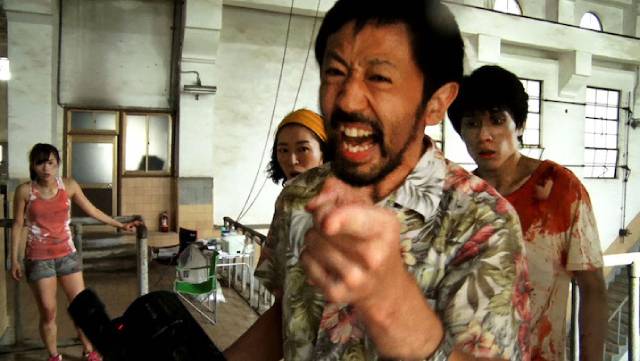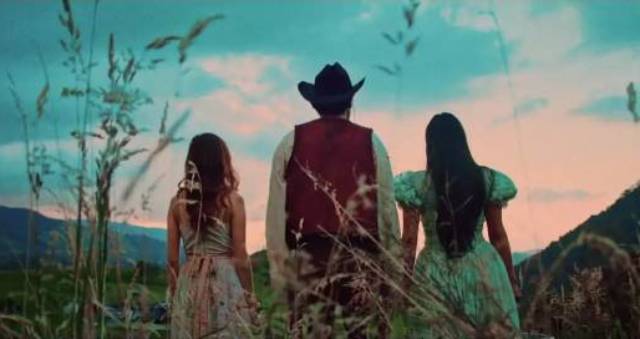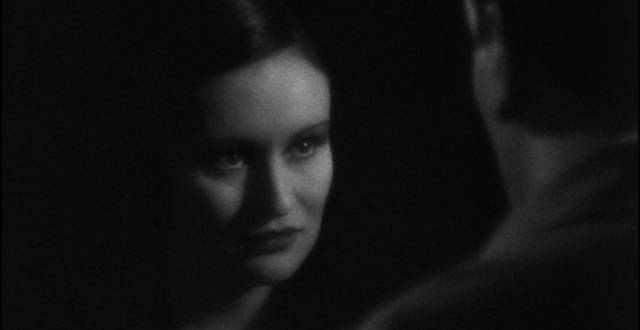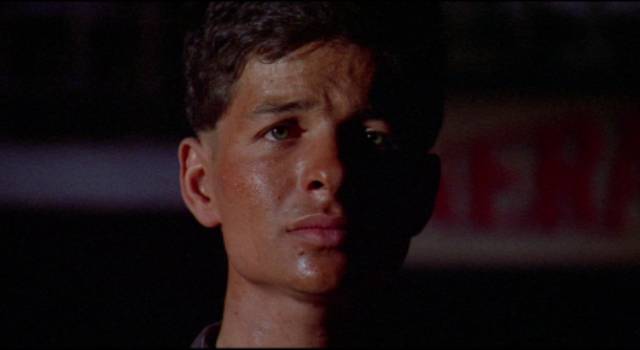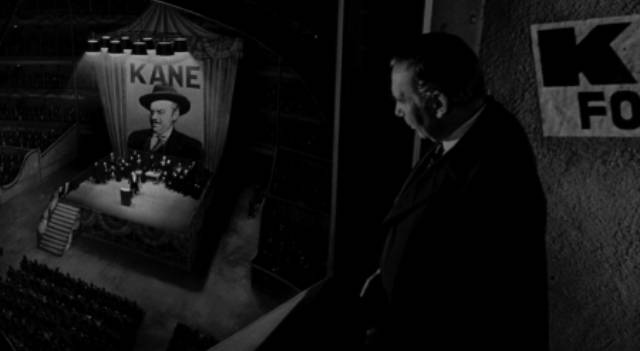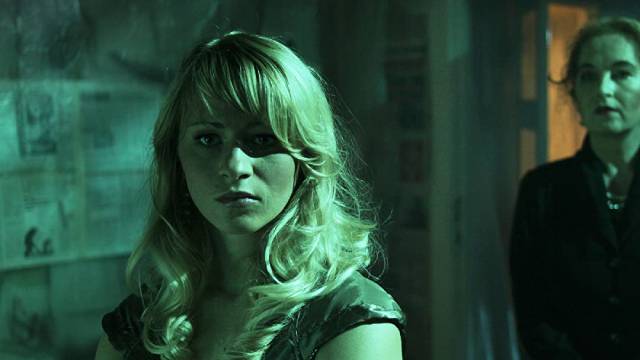
Bertrand Tavernier’s epic eight-part documentary Journeys Through French Cinema (2017) offers a personal and idiosyncratic history rooted in the filmmakers personal passions; Enzo G. Castellari’s The Big Racket (1976) and The Heroin Busters (1977) showcase the cynical, violent action of Italian genre movies of the ’70s; Andreas Marschall turns homage into effective horror in the retro-giallo Masks (2011); and Puloma Basu and Rob Hatch Miller’s documentary Other Music (2019) captures an experience all-but-lost today with their account of the final days of a great independent record store in New York City.
